Approaching my last semester in the master’s program in ecology at the University of Bremen, I decided to write my final thesis at a research institution abroad. Since the University of Porto is one of the leading European universities in my field of research, I decided to do my third Erasmus internship in Portugal again, but this time at a different research institute. I wrote to a researcher whose work I already knew from a previous project, and after a meeting I not only had an internship position, but also already a broad topic for my master’s thesis.
At the end of June 2021, I arrived in Porto by car with my converted camper van. This camper van also suited as accommodation for the first months of my stay, as I had most of my meetings online and therefore could stay on a caping site north of the city. Living in a car can be challenging but it allowed me to explore the surroundings of Porto and get in touch with the people. As it got colder, I rented a small apartment in a village close to the camping site with a colleague from the ecology master program, who was also doing an internship during the same time. We enjoyed our stay in Labruge, a little fisher’s village between Porto and Vila do Conde and got familiar with the neighbours and other citizens. My colleague and I were mostly working from home, so we almost daily used the opportunity to have a walk along the beach, which was only 10 walking minutes away from our flat.
In the first phase of my internship, I developed and finalized the experimental design of my study and got familiar with the literature on the topic. I’m specialised in rocky intertidal ecology and was studying the species composition and abundance on breakwaters in north of Portugal. Breakwaters are manmade seawalls orthogonal to the coastline that prevent the erosion of the coast and the loss of sand. The main aim of my study was to find out if the orientation of those breakwaters as well as their distance to natural rocky shores have an influence on their inhabiting species composition. In the second phase of my thesis, I met up with my supervisor at ten of those breakwaters in two different regions south of Porto. With the help of a 50x50cm quadrat we counted snails and limpets and estimated the cover of mussels, algae, and barnacles. In the final, and most time-consuming phase of my study, I processed and analysed my data with the statistical program language R. During my stay I also had the opportunity to participate in the filed work of other projects of the research group. I, for example, participated collecting the flowers of Zostera noltei, a seaweed, on intertidal meadows along the Aveiro Lagoon for restoration experiments or helped sampling shallow sublittoral sandy bottoms with a dredge in the bay of Viana do Castelo.
Overall, I am very satisfied with my 6-month Erasmus internship at CIIMAR in Porto. I have learned a lot through my work on the intertidal system, which will be very beneficial for my future academic career. Analyzing data of a rather complex sampling design was challenging but with the help of my supervisor and colleagues I was able to obtain reliable results and are now able to finish my master thesis. I can only recommend conducting an internship in North Portugal, as it has a lot to offer: a vibrant and magnificent capital city, surrounded by beautiful nature and a diverse coastline and very welcoming and friendly people.

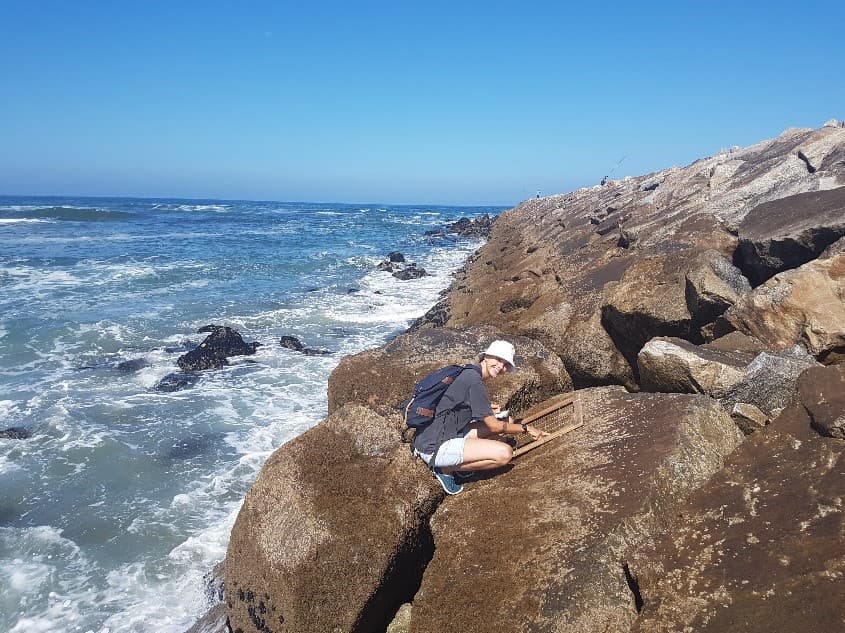
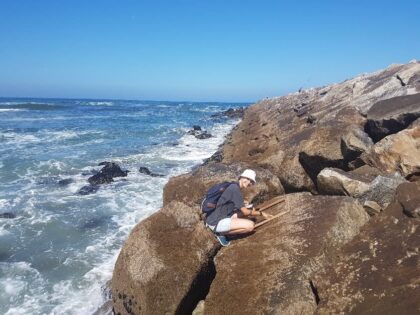
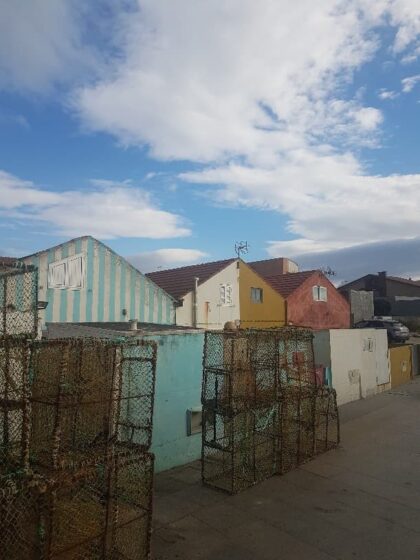
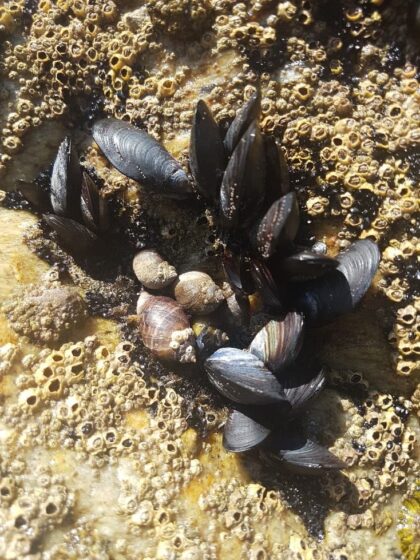
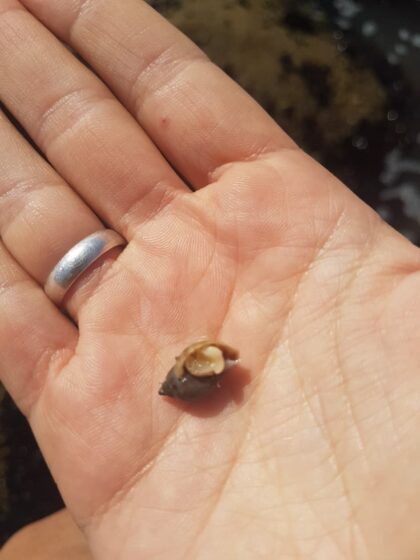
Neueste Kommentare